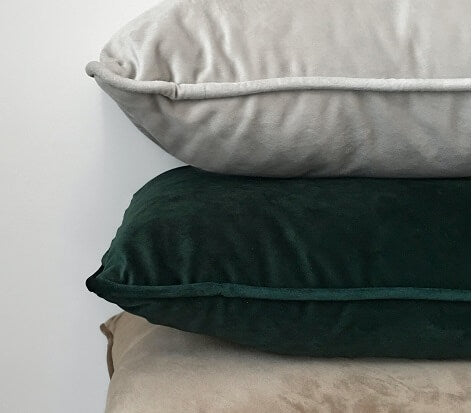If you’ve had thyroid surgery, you may be concerned about the effect that your surgery and recovery will have on your sleep. Will you be able to sleep at all? Will your surgery alter the quality of your sleep? Here are seven tips for getting a good night’s sleep after thyroid surgery so that you can stay rested and healthy during your recovery process and beyond.

Take your Pain Medications
When it comes to how to sleep after thyroid surgery, we recommend taking pain medications as directed by your doctor. This can help you rest when you feel tired and decrease swelling in the throat. Speak with your healthcare provider about which medicines are best for you or if there are any allergies that need to be addressed. Keeping hydrated and eating regularly will also help the healing process go more smoothly and make resting easier. Finally, turn off electronics thirty minutes before bed, keeping light from screens out of your eyes will help prepare your body for sleep.
Don't Forget about your Bladder
Get plenty of rest when you feel tired. This can be challenging after thyroid surgery due to the pressure around your neck or throat. If the surgical incision near your throat is sore, try lying on your back instead of on your side to decrease swelling and make it easier to swallow. The Surgical Belt which provides compression around the neck should be kept at its loosest setting after thyroid surgery as this may help you breathe more easily and reduce complications such as chest pains or shortness of breath. Be sure to drink plenty of fluids in order to keep hydrated post-surgery and take your medication according. As with any wound, wash it daily with lukewarm water and pat dry (do not scrub) with a soft towel.

Hydrate for Dehydration
Being dehydrated can affect your sleep, so drink plenty of fluids before bed. When it comes to beverage choice, you're free to go with whatever you prefer—though in the aftermath of thyroid surgery it may be tempting to use coffee or tea as a pick-me-up. With those caffeinated drinks, you run the risk of staying up at night while your body is trying to recover from the operation, and both coffee and tea can interfere with your natural sleep patterns by elevating nighttime alertness. It's best not to go overboard on any caffeinated beverages in order to promote relaxation.
Limit Caffeine and Alcohol Before Bedtime
Before bed, avoid drinking caffeine and alcohol or eating any sugary snacks. It will make it harder for you to fall asleep and stay asleep throughout the night. Also, limit your exposure to electronics at least an hour before bedtime. This means turning off your phone, TV, or tablet screens. Finally, create a bedtime routine that helps you wind down from the day and sets you up for sleep. Take a bath or shower; brush your teeth; read for 15 minutes in dim light (or just flip off the lights if you don't want to read); then use relaxation techniques such as deep breathing or progressive muscle relaxation. When you are ready to go to sleep (hopefully by 10:00 pm), keep your bedroom dark by using blackout curtains if necessary.
Stay Cool
What should I do to stay cool after thyroid surgery? That question has been asked by people all over the world. Let's explore this topic with 7 helpful tips that will provide you with a great night of sleep after thyroid surgery.
1) Get Your Fluids in Order
It is extremely important that you drink enough fluids, in order to stay hydrated and maintain your energy levels throughout the day. For some people, it may be difficult at first to take in enough water or fluids because of their time spent resting or drowsy from post-surgery medication, but you should try your best to drink about 2 liters of fluid each day for two weeks following your surgery.
Avoid Stimulants
A good night's sleep is crucial for healing and recovering from thyroid surgery. If you've just had surgery and are worried about how to sleep, you're not alone! Here are some tips to help you out: - Rest when you're not feeling well: your body needs to rest when it needs to recover, so make sure you get plenty of rest even if you feel like exercising. But don't exercise too much - that'll be tiring and can lead to accidents. Try reading or watching a movie instead. - Avoid stimulants: coffee, tea, alcohol, etc., can really disrupt the quality of your sleep. If it helps, try going caffeine-free during this time period.
Go To Bed At The Same Time Every Night
This is important for the body to go into rest mode. Instead of going to bed at 11pm, try aiming for 10:30pm and get up at 7am or 8am. This is one way to take your body out of sleep mode and make it easier for you to fall asleep. Do not watch TV right before bed as this will also produce alertness which can keep you awake at night. A lack of sleep can cause hyperthyroidism, so be mindful when dealing with this condition.
A good night’s sleep starts before going to bed; limit yourself from consuming caffeinated beverages and sugar after 3 pm because these will disrupt your sleeping pattern while you are still awake.






